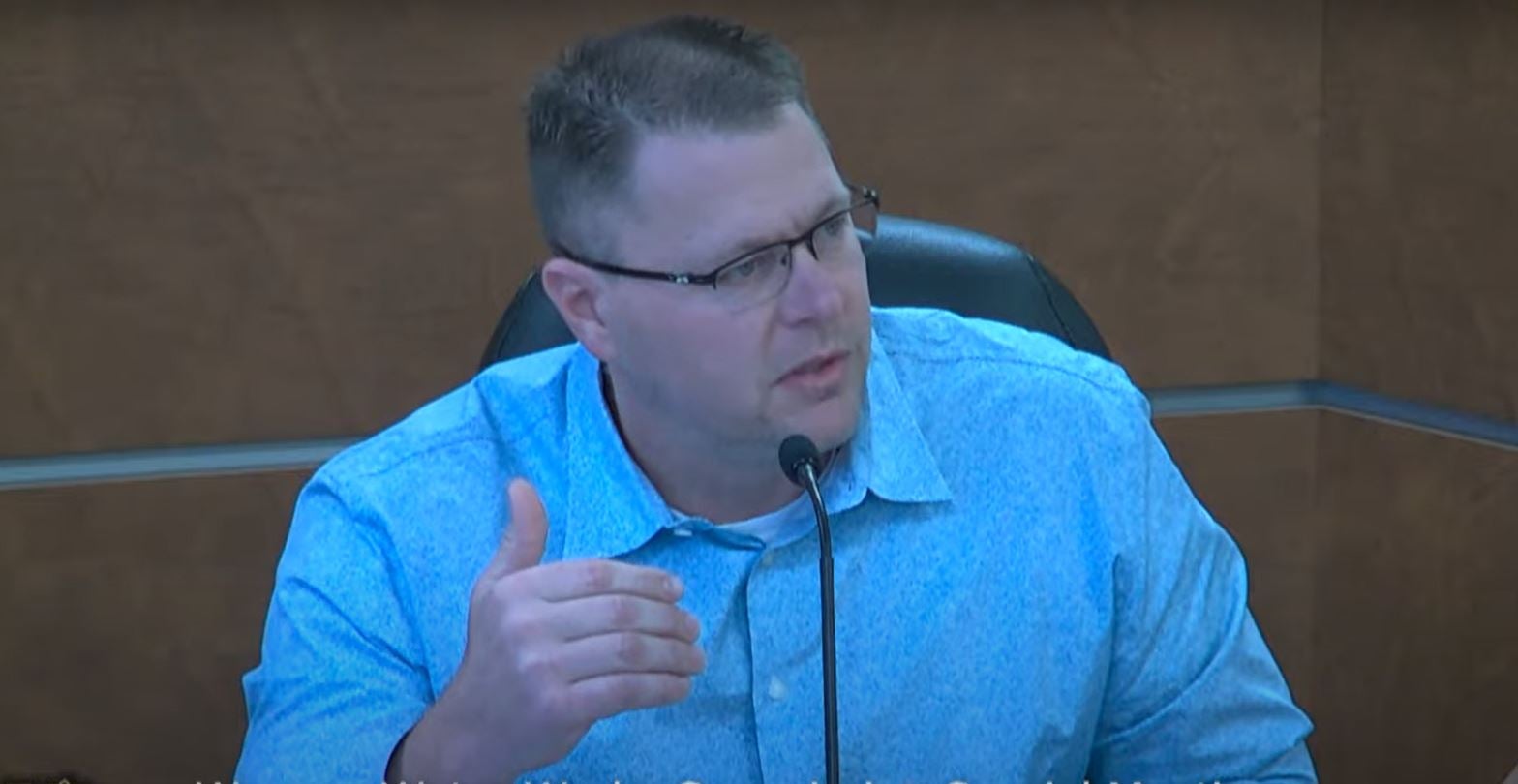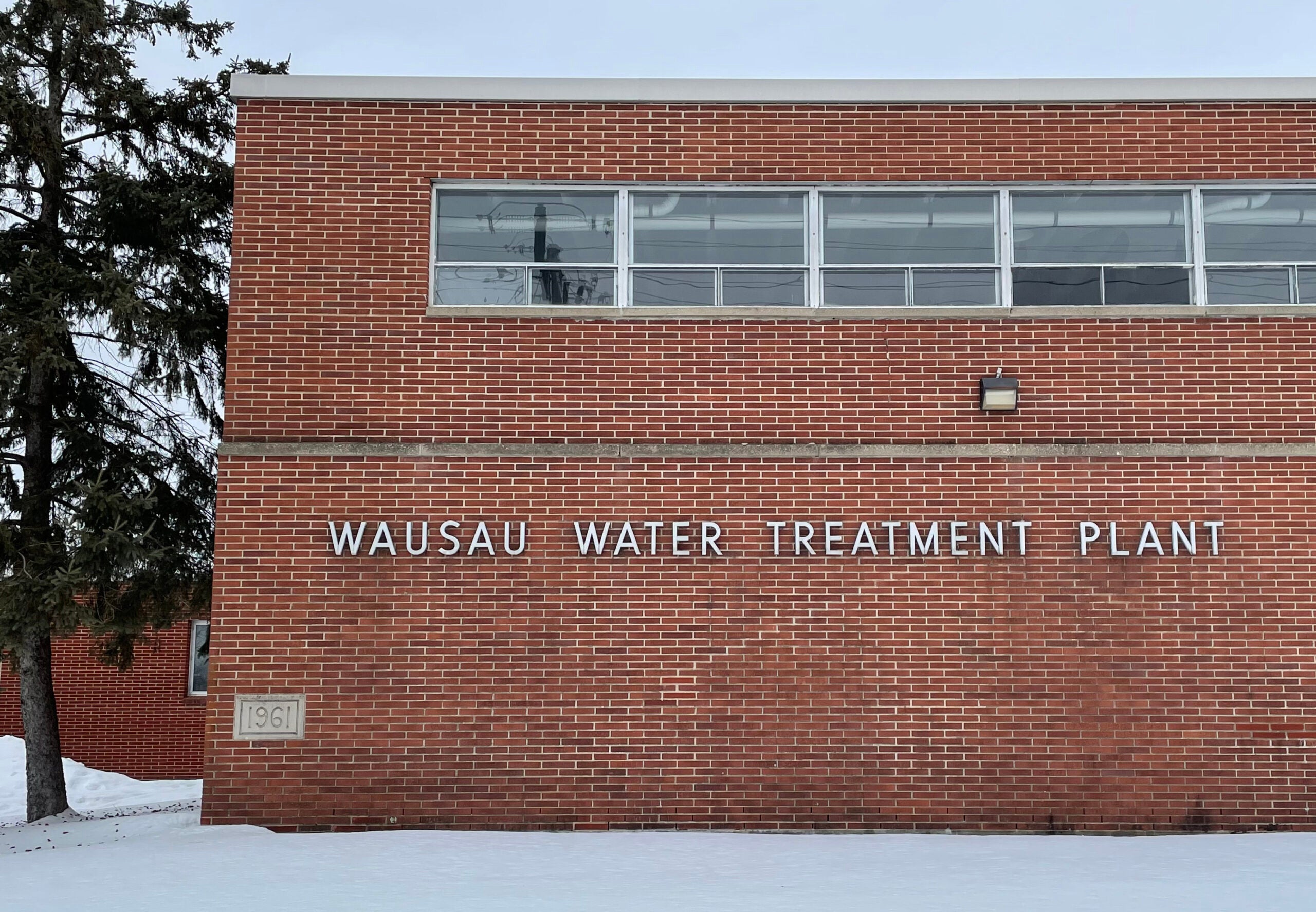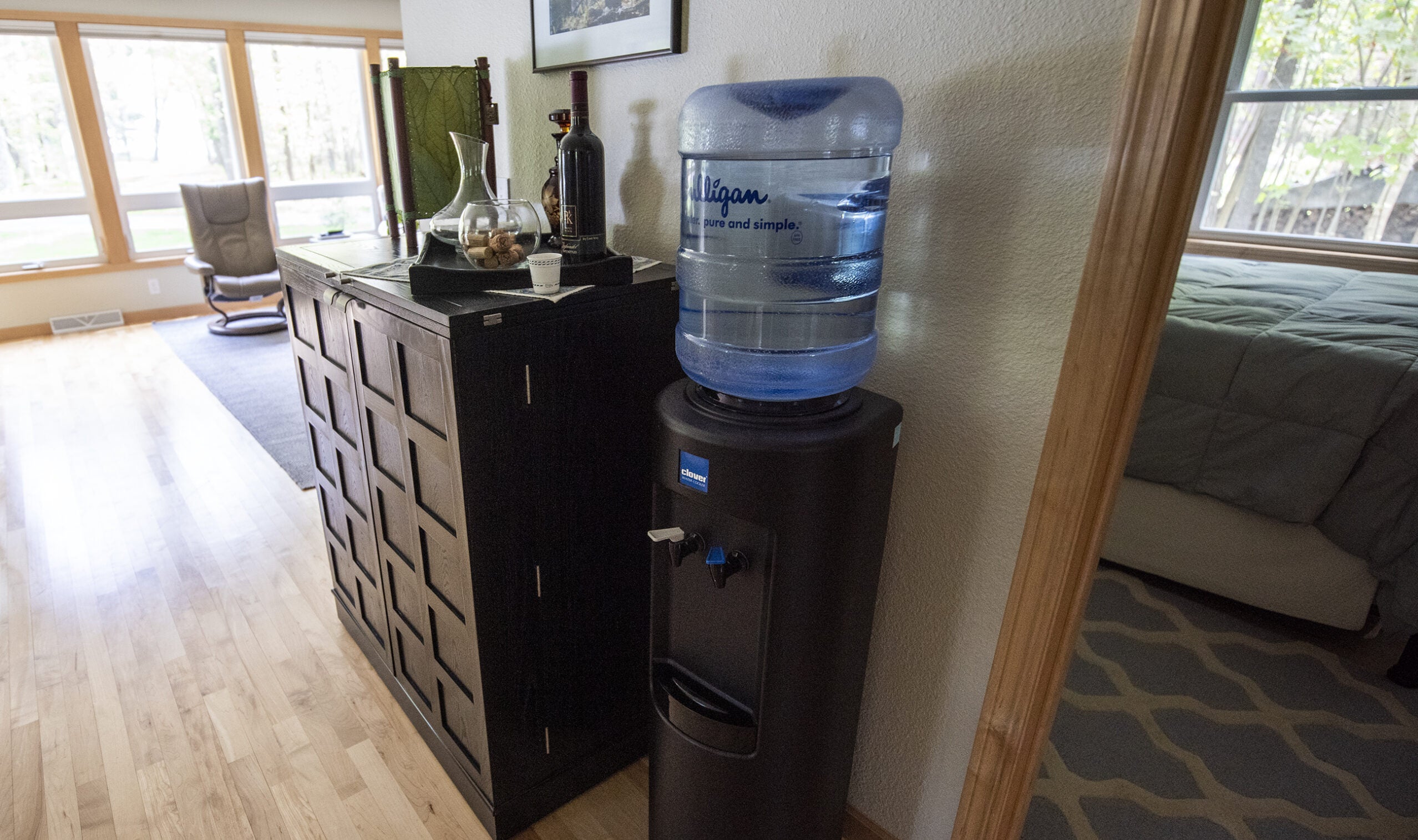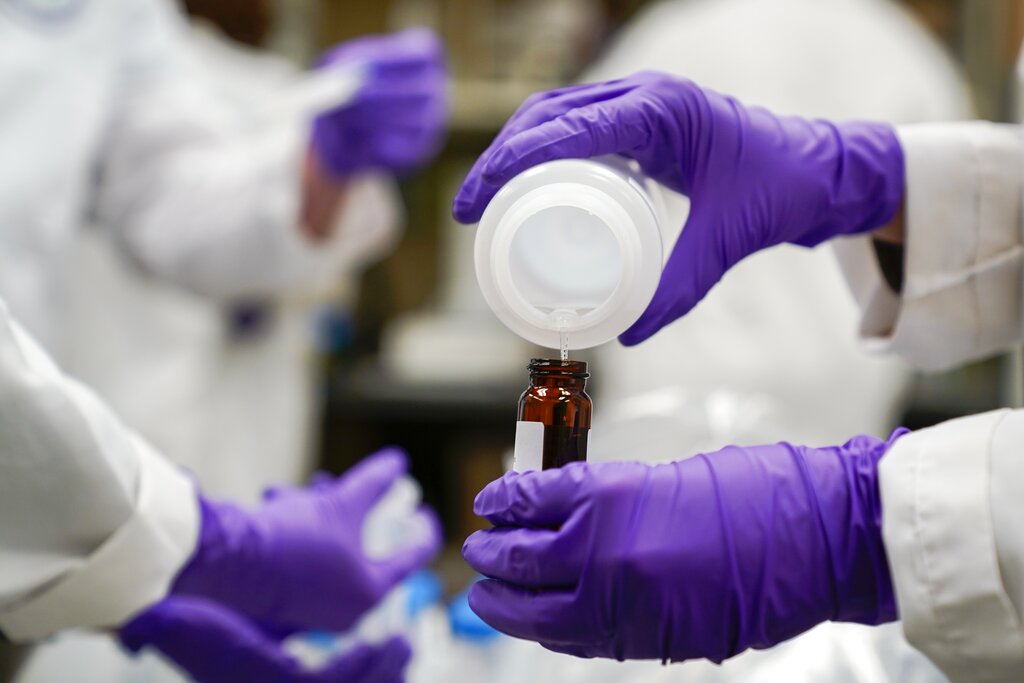Wausau may shut down two city wells with the highest concentration of harmful “forever chemicals,” but city leaders see no immediate way to bring concentrations of the chemicals below proposed state standards.
The city’s Water Works Commission on Tuesday discussed findings made public last week that all city wells include the chemical substances commonly known as PFAS at levels above 20 parts per trillion. The chemicals are linked to increased risk of some cancers and reduced fertility in women.
Dozens of communities across Wisconsin have detected the chemicals, scientifically known as perfluoroalkyl and polyfluoroalkyl substances, and next week the state’s Natural Resources Board will vote on proposed state standards. Wausau is the only municipality in Wisconsin to find elevated PFAS levels in all its wells.
News with a little more humanity
WPR’s “Wisconsin Today” newsletter keeps you connected to the state you love without feeling overwhelmed. No paywall. No agenda. No corporate filter.
“The difference in (other) communities is that not all of their sources were affected at levels over recommended standards,” said Kyle Burton, a drinking and groundwater specialist with the state Department of Natural Resources. “They were able to eliminate sources and still have capacity to serve water below recommended levels of PFAS.”
That complicates the city’s response, and for now is leaving many residents unsure about how to respond themselves. Wausau’s public schools have opted to shut off water fountains and administrators are encouraging students to bring water bottles to school. During public comment at the Water Works Commission meeting, one speaker demonstrated a filtering system used by campers.

Wausau’s public works director, Eric Lindman, said some proposals to deal with the tainted water, such as distributing bottled water or setting up mobile filtering units, were not “efficient and sustainable at this time.”
Messages from city and state leaders have also been contradictory. In the days after the city’s initial announcement, a 2021 email surfaced in which Lindman falsely told Wausau Mayor Katie Rosenberg that Wausau’s water was well below state and federal recommendations for PFAS levels. Lindman’s statement came after 2019 tests had found elevated PFAS levels, but before the DNR recommended further testing in December 2021.
Lindman later explained that at the time he wrote the email, which was obtained by WPR and also reported by other media outlets, he wrongly believed the state recommendations applied to individual compounds. In fact, they apply to the sum of the chemicals found in the water.
In an angry statement Lindman released on Friday, he said he had been “heavily questioned” about the email and subject to “ridiculous accusations.” He said Wausau’s water is safe to drink and that the lack of regulation or clear guidance on PFAS “has created some fear and unknowns within the community.”
But at Tuesday’s meeting, a toxicologist with the state Department of Health Services reiterated that, in fact, the state does recommend that Wausau residents try to avoid PFAS by limiting how much city water they drink, or by filtering or otherwise treating it.
“We recommend that people reduce their exposure to the water,” said Sarah Yang. “We’re not telling people to immediately stop drinking the water. But … the sooner that people can start drinking water without high levels of PFAS, the better for overall health.”
PFAS exposure is cumulative, meaning the chemicals tend to build up in the body over time. The risk from drinking a single glass of water with elevated PFAS levels may be low, but it increases with every subsequent glass.
The Water Works Commission voted to move forward with a study of ways of reducing PFAS in Wausau’s drinking water, including different filtering systems. Lindman told the commission staffers would present some findings in early March.
“Wausau Waterworks is committed to providing safe water to the residents, and we would like to reassure you that we are in the process of finding solutions for this,” he said.
One proposal was to shut down two city wells with the highest concentration of PFAS. In communities where only some wells contained elevated PFAS levels, Burton said blending water sources has been part of the way of bringing overall PFAS concentrations down. Wausau’s wells ranged from 23 parts per trillion to 48 parts per trillion — meaning the city could plausibly lower its average level by turning off most-affected wells, but would be unlikely to actually get below proposed state standards.
Wausau is in the midst of construction of a new water treatment facility that is due to go online in late July or early August. At Tuesday’s meeting, Lindman said the facility had not been designed with PFAS-reducing capabilities in mind, and that staffers were working to retrofit that capacity into the facility while construction proceeds.
Wisconsin Public Radio, © Copyright 2026, Board of Regents of the University of Wisconsin System and Wisconsin Educational Communications Board.







